Kurt Oriol grew up with one foot in Madrid — where the bounty of Spanish meat, cheese, fish, and produce was everywhere — and the other in New York City, where his homeland’s cuisine was nowhere to be found.

“Spanish food is relatively nonexistent if you compare it to the massive influence that France and Italy have had,” explained Oriol. “As a Spanish-American, I was really frustrated by this. I’m telling everybody that our food is amazing, and they have no idea what I’m talking about.”
Following in the path of trailblazers like José Andrés, who brought tapas to the American table, Oriol is working overtime to change that dynamic. In the fall of 2021, he launched the meat delivery service Campo Grande, which sells raw, flash-frozen Ibérico pork raised by Spanish farmers to home cooks and restaurant chefs across the country. Showcasing a variety of cuts both familiar and obscure, the brand is opening eyes to how delicious and different Ibérico is compared to the bland, industrialized pigs that have long dominated the American table.
“It’s a rediscovery of what pork really is,” said Oriol. “I’m convincing Americans that this is not the other white meat.”
He’s combatting “preconceived notions” that pork is somehow less glorious than beef — many of Campo Grande’s cuts are properly called “steaks” — and that the flesh has to be cooked to death to be safe for eating. Like a good piece of beef, Ibérico should be eaten medium rare, said Oriol, explaining that the old threat of trichinosis is exceedingly rare now, especially when dealing with high-quality pigs.

I discovered Campo Grande about a year ago, inspired by a few bits of a cut called secreto that I shared with a colleague at Daou Vineyards in Paso Robles. I purchased a discounted $250 mashup of their “Ibérico Pork” and “BBQ Grill Master” packages just in time for the holidays, and found the meat to be as deeply red as fresh beef from the butcher. In addition to the secreto, the cuts included unfamiliar names like presa and coppa as well as familiar things like rib chops and flank steak. I’ve since tried their bacon, pastrami, charcuterie, and ground Ibérico/Wagyu, and even sent my brother a package for his birthday. Like any new food, there’s a slight learning curve to mastering each, but the results are palate-changing.

Oriol explained it best, noting that it’s more challenging to get people to try out raw meats than it is to turn them onto ready-to-eat tinned fish, charcuterie, or cheese from Spain. “But once people try it, it’s like, ‘Where has this been all this time?’” he explained. I concur. Once you realize what we’ve been missing for generations, you can’t help but feel a little bit duped.
It’s not just about the deeper flavors. Raised by small family farms, the Ibérico pigs are “much daintier” than most American hogs, said Oriol, and they’re allowed to live about twice as long. Unlike their more processed cousins, they’re not fattened by industrial grains, instead enjoying a varied diet of barley, oats, sunflower seeds, acorns, and other nuts.
“Not only is it better for animal welfare, it’s also healthier for the consumer eating them,” said Oriol, explaining that the more delicate fats render at lower temperatures. “You also get this amazing byproduct of the process, which is that it tastes freaking delicious.”

Oriol’s first attempt to spread the Spanish pork gospel was by raising the pigs himself. In 2014, after spending some of his post-NYU years in banking, Oriol cofounded an ambitious Ibérico pig farm in North Carolina. But the hurdles to developing an impactful national product while adhering to regenerative standards seemed insurmountable.
“It was impossible to grow at scale,” said Oriol. “There’s just a massive supply chain. It’s so hard to source the right feed that is cost-effective for the farm.”
He’s happy to see more success with Campo Grande, whose staff of about 10 employees is now also selling “Vaca Vieja” beef — from mature cows up to 12 years old — and quail, with sausages coming next. Crediting many of the chefs who buy Campo Grande as his best ambassadors, Oriol explained, “It’s been surprisingly awesome how well it’s been received.”
See eatcampogrande.com.
Premier Events
Sun, Jan 11
3:00 PM
Santa Barbara
Mega Babka Bake
Fri, Jan 23
5:00 PM
Santa Barbara
Divine I Am Retreat
Sat, Jan 10
9:00 AM
Santa Barbara
Rose Pruning Day | Mission Historical Park
Sat, Jan 10
10:00 AM
Santa Barbara
Ice Out For Good Santa Barbara
Sat, Jan 10
7:00 PM
Santa Barbara
Konrad Kono – Live in Concert
Sat, Jan 10
8:00 PM
Santa Barbara
SB Improv: The Great Cornadoes Bake-Off
Mon, Jan 12
5:00 PM
Santa Barbara
Hot Off the Press: Junk Journal
Tue, Jan 13
6:00 PM
Santa Barbara
✨ First Singles Social of 2026 | Open to All Ages 21+
Fri, Jan 16
9:00 PM
Santa Barbara
Eric Hutchinson at SOhO
Thu, Jan 22
6:30 PM
Santa Barbara
Boogie for our Bodies
Sun, Jan 11 3:00 PM
Santa Barbara
Mega Babka Bake
Fri, Jan 23 5:00 PM
Santa Barbara
Divine I Am Retreat
Sat, Jan 10 9:00 AM
Santa Barbara
Rose Pruning Day | Mission Historical Park
Sat, Jan 10 10:00 AM
Santa Barbara
Ice Out For Good Santa Barbara
Sat, Jan 10 7:00 PM
Santa Barbara
Konrad Kono – Live in Concert
Sat, Jan 10 8:00 PM
Santa Barbara
SB Improv: The Great Cornadoes Bake-Off
Mon, Jan 12 5:00 PM
Santa Barbara
Hot Off the Press: Junk Journal
Tue, Jan 13 6:00 PM
Santa Barbara
✨ First Singles Social of 2026 | Open to All Ages 21+
Fri, Jan 16 9:00 PM
Santa Barbara
Eric Hutchinson at SOhO
Thu, Jan 22 6:30 PM
Santa Barbara



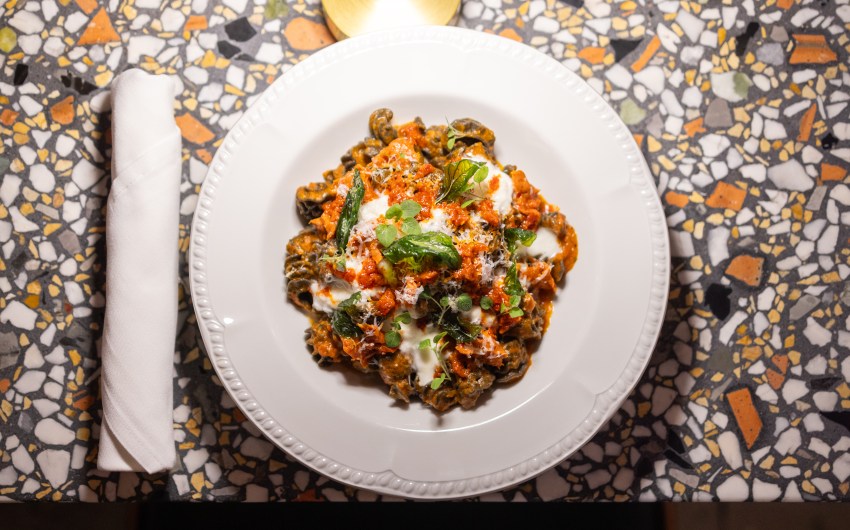
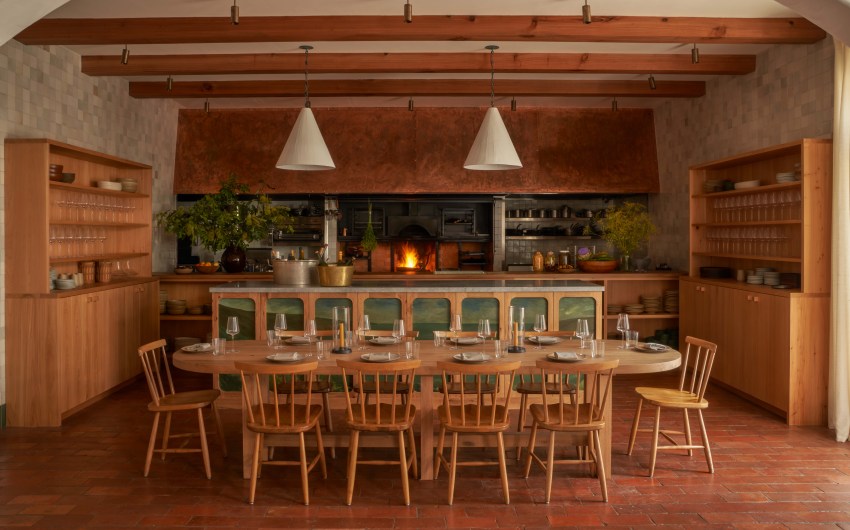

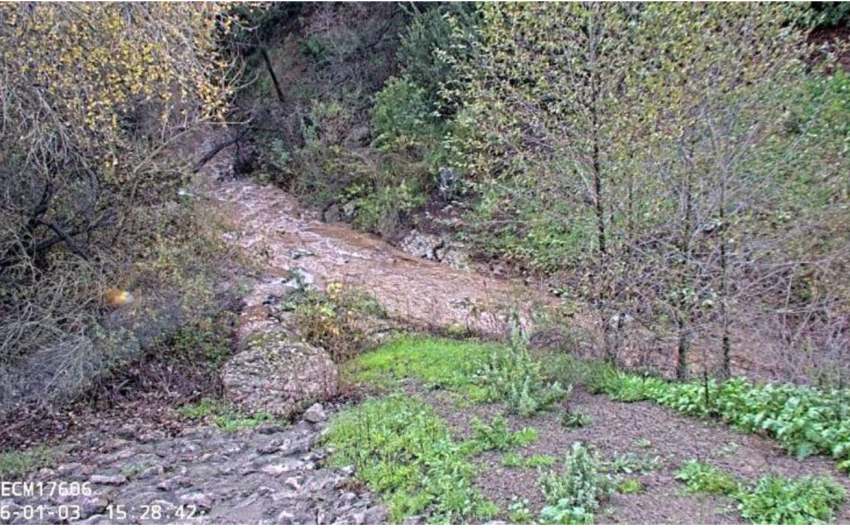



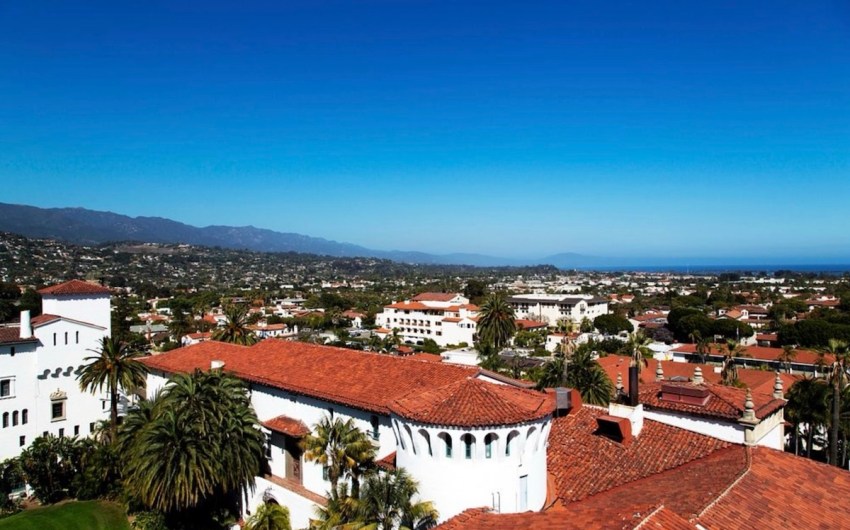





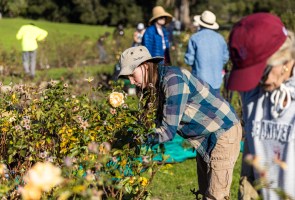







You must be logged in to post a comment.